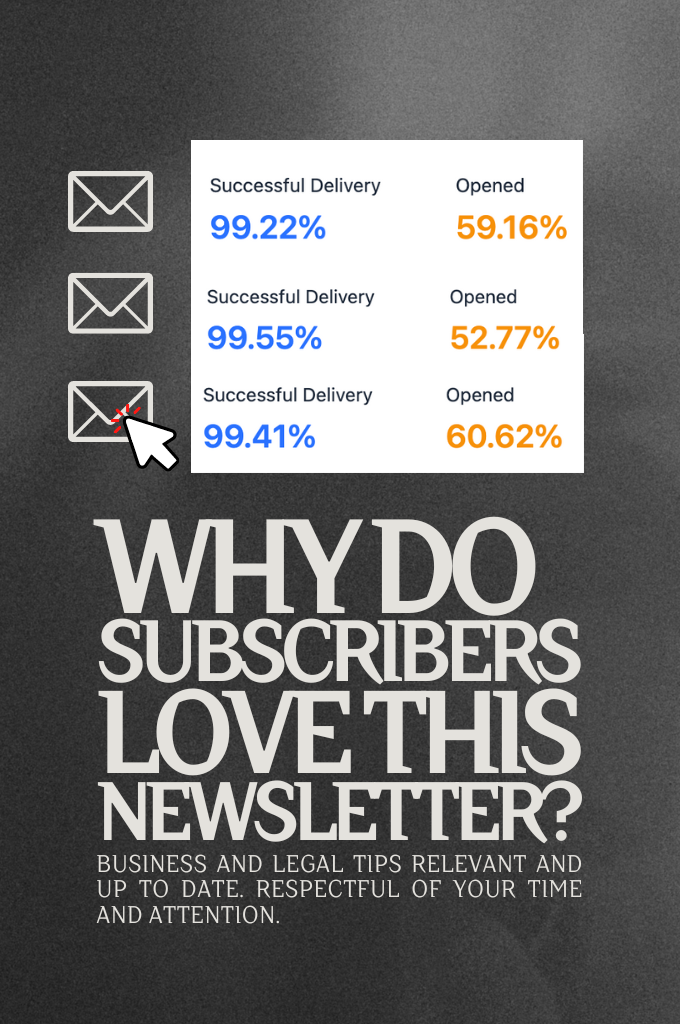When and How to Hire
Is it safe to hire?
Few risks are as scary as hiring. If you do it wrong, or do it at the wrong time, you could cost your business precious money, time, and reputation. One of the first problems business owners face is knowing when to hire… let’s talk about it.
1: When to hire?
What happens if you hire too late? Imagine a single-person business. The owner is getting busier and busier but waits to hire. Finally, she is maxed out without an hour to spare and decides she can’t wait any longer and must hire.
- She waited too long. Hiring takes time to:
- Come up with a good job description
- Shop it around and find the right help
- Read resumes
- Interview candidates, and
- Train a new hire
If you are maxed out, you need help, but it’s gonna hurt for a little while. This problem is true if you are hiring your first employee or twenty-first employee. However, the fewer employees you have, the harder steps 1, 2, and 4 are.
2: Can I afford to hire?
If you hire too early, you’ll add extra expenses to your business, making it harder to profit.
Here are a couple strategies to consider:
- Are you able to set aside extra money for payroll each month?
- What is your ratio of revenue (sales) to payroll?
A good ratio of revenue to payroll is 2.5 or higher. This is easy to figure out:
Total sales ÷ Total payroll = payroll ratio
For total payroll, include the owner’s pay. For example, $40k (monthly sales) ÷ $15k (monthly payroll) = 2.67 GOOD — it’s above 2.5.
If you can put extra money aside each month but your ratio is below 2.5, then you may still be able to hire.
If you are a very small company you may find that you have to hire, even if you can’t really afford it. For example, you can’t complete work on time or with the desired quality because of staffing problems. In this case, PROCEED WITH CAUTION: Can you hire a temporary contractor or a part-time person?
3: Who should I hire?
This is a bit easier to figure out. Start by hiring to supplement your current weakness. I spoke with a business owner today who was tired of field work. Hiring someone who likes field work would be a great plan. Maybe you aren’t very organized. Hiring someone who is organized is a great idea.
Also, can a new hire reduce other expenses? For example, if you have an answering service, can you lower your monthly bill if you hire someone who can answer phones? Or if you pay a bookkeeper, can you make that an in-house responsibility? That makes it easier to offset expenses related to a new staff member.
Make a plan and hire at just the right time
Taking risks is an important part of running a business. Do it properly by thinking through the risks and making a plan.


